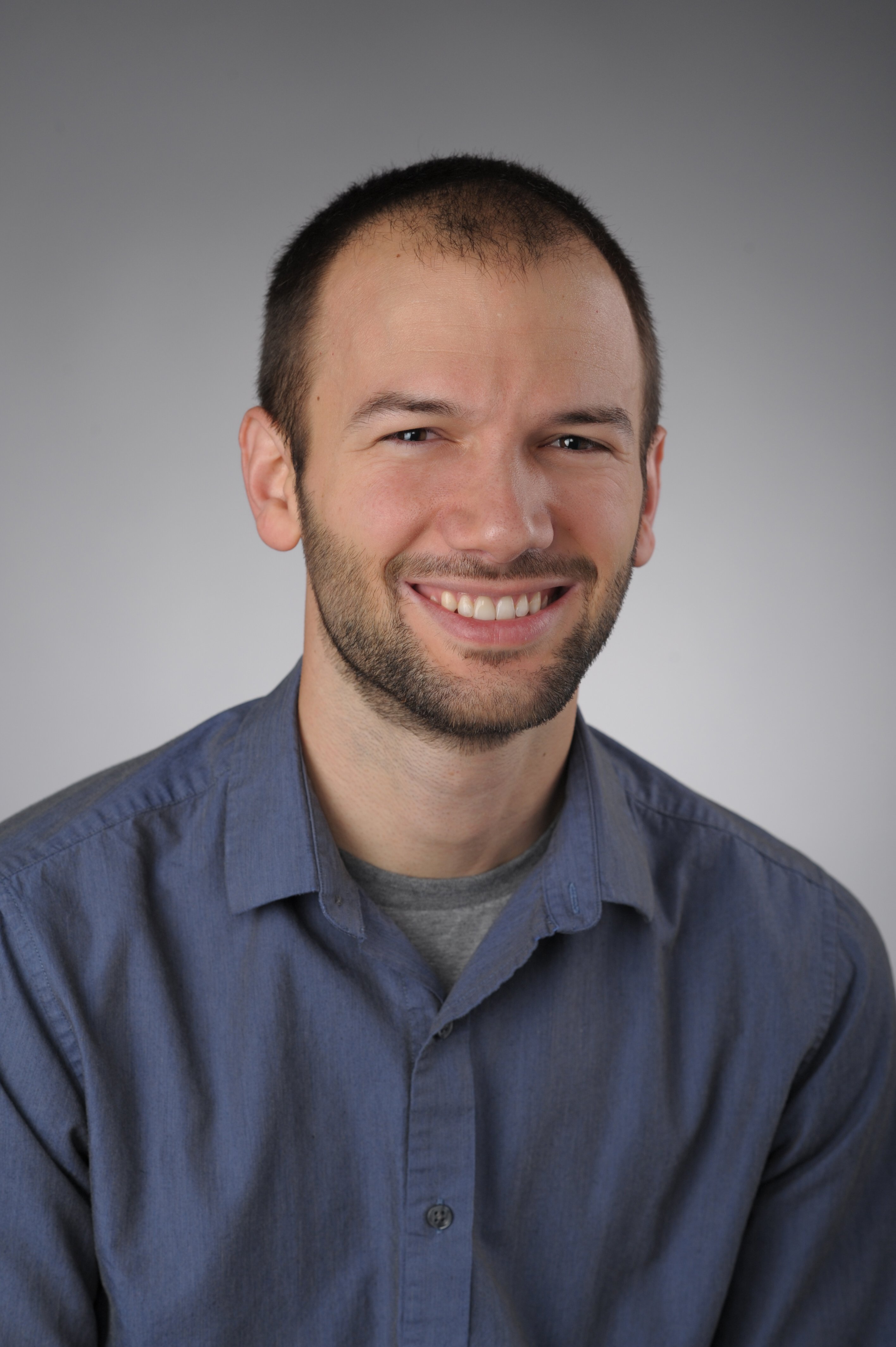NSF Grant Funds Research of Curvature and Symmetry
Assistant Professor Lee Kennard receives a grant from the National Science Foundation to study multi-dimensional curved spaces.

What does the surface of a desk and the surface of a beach ball or bagel have in common? The answer is, if you zoom in close enough on each item, they all look flat. Of course, we all know beach balls and bagels are not flat. They actually are examples of curved mathematical spaces called Riemannian manifolds. Lee Kennard, assistant professor of mathematics in the College of Arts and Sciences (A&S), has been awarded a three-year grant from the National Science Foundation (NSF) to study symmetry in Riemannian manifolds. Kennard's award is one of ten current NSF grants in the Department of Mathematics.
Manifolds are two-, three-, or multi-dimensional shapes that appear to be flat Euclidean space when you zoom in on them. Perhaps the most obvious example of a manifold is the surface of the Earth. Going back to the example of a beach ball or a bagel, even though they look alike close up, the surfaces of the ball and the bagel are fundamentally different in the sense that one has a hole in the center while the other doesn't. As it turns out, this difference can be detected by a measurement of how the shapes are curved. Indeed, while the surface of the ball is positively curved everywhere, this cannot be said for bagels, soft pretzels, or any other object containing holes.

Kennard and his collaborators, Michael Wiemeler and Burkhard Wilking, of the University of Münster, Germany, will continue their work on how the local, geometric property of being positively curved impacts other global, topological measurements. They are especially interested in spaces that have multiple, independent axes of rotational symmetry, similar to how the beads of a necklace can be individually spun without changing the shape of the necklace.
The grant will primarily fund Kennard’s summer research, graduate student summer research, and travel expenses to visit and host visits with his collaborators and other experts. Kennard's research on the symmetry and curvature of Riemannian manifolds is funded through NSF's program on Geometric Analysis, part of the Directorate for Mathematical and Physical Sciences. The program on Geometric Analysis supports research on differential geometry, geometric Lie theory, geometric methods in modern mathematical physics, and geometric aspects of partial differential equations.
The NSF funds research and education in science and engineering, through grants, contracts and cooperative agreements. The Foundation accounts for about 20 percent of federal support to academic institutions for basic research.
